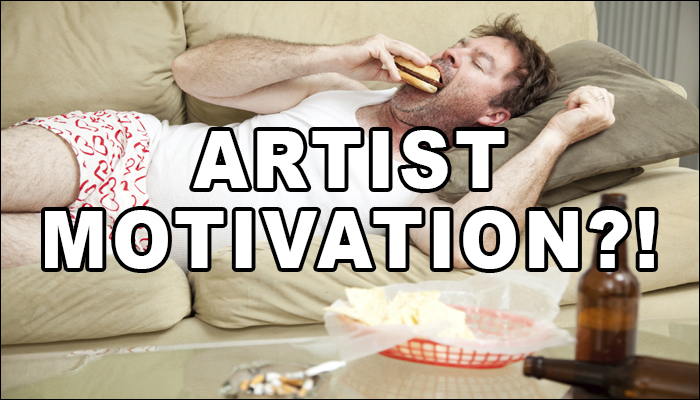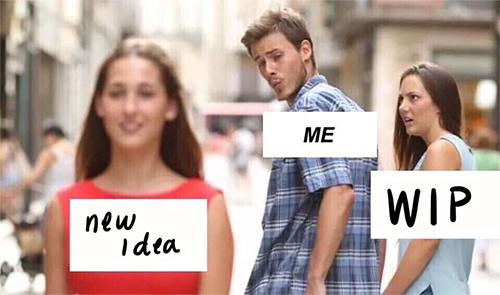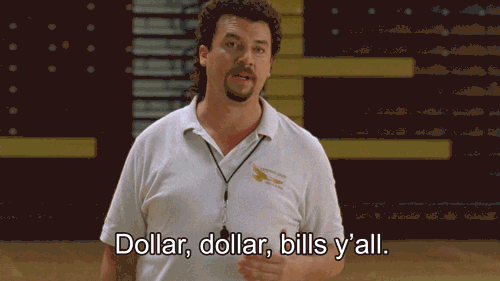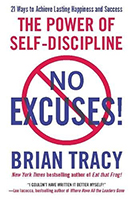
"How do artists stay motivated to consistently produce new work??!"
1. Relying on motivation is BULLSH*T
"An amateur waits for inspiration to strike, a professional just gets to work"

2. Self Discipline

3. Build Good Habits
4. Start small and finish your projects...

5. Realize it's a marathon, not a sprint.
Just be aware that your journey into becoming a paid, professional artist is probably going to be at least a 2-5 year process if you are just starting out. Nothing happens in a 6 month zero to hero time frame. The quicker you can put things in perspective, the sooner you can get to work for the long term.
6. Stop letting your emotions drive your actions
He says the average person's daily though process runs something like this:
Feelings>Thoughts>Actions = Your results
Thoughts>Actions>Feelings = Your Results.
7. Use the power of engaging in the community
It can be easy to feel like you are all alone when you are putting in the long hours of work alone in your apartment, parents basement or wherever you crank out art. I know I felt that way when I was working on my first game art portfolio. I thought if I could just work in a team environment I would be happier and more motivated in my day to day work.
Once I started engaging with the CG community on forums and facebook groups, having that social experience did quite a lot to put the wind back in my sails. You don't even have to join a team project, just contributing to a community can do wonders to motivate you and lift that depression a lot of artists can struggle with.
Suddenly there is a group of like minded people who you can be accountable to, share ideas with and get feedback from industry professionals in your work. That can really help turbo charge your productivity. Join ArtStation challenges with concrete deadlines if you feel you are struggling to complete a project. Seeing others charging towards the goal post in unison could throw some gas on the fire and drive you to do the same. It literally costs you nothing and the ROI on your efforts can fantastic. The relationships you form can help you down the line.
An important caveat I can't stress enough is this: notice the word engage I used above. This means don't go into communities looking to take or focused on what YOU can get out of it. Look at what you can give, be it documenting your workflow for other artists to learn from, offering feedback and critiques, find ways to bring value to others and your own results will be supercharged as a result. Not only will you be able to look back a year from now and see how far you have come, but you will also understand your own process and workflows so much more by documenting them. It's win/win for minimal extra effort.
Joining a community and instantly dropping a link selling your gumroad product or trying to get people to give you a job right away is cringe inducing. Almost always those posts get zero replies or engagement because the community has no frame of reference or context for that person other than the fact they are just looking to take for themselves. Give value first, over and over again, over the course of a year or more AT LEAST, and then when you make your ask you might be pleasantly surprised with the results. People who have seen your track record of effort and output will be actively cheering for you to succeed. Imagine that 😉
Here are some great communities you can post your work for feedback, and join in the conversation about the CG industry:
8. Don't let money be your motivation


